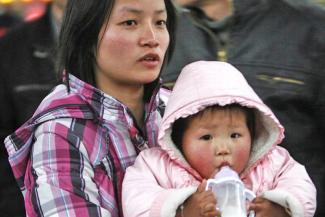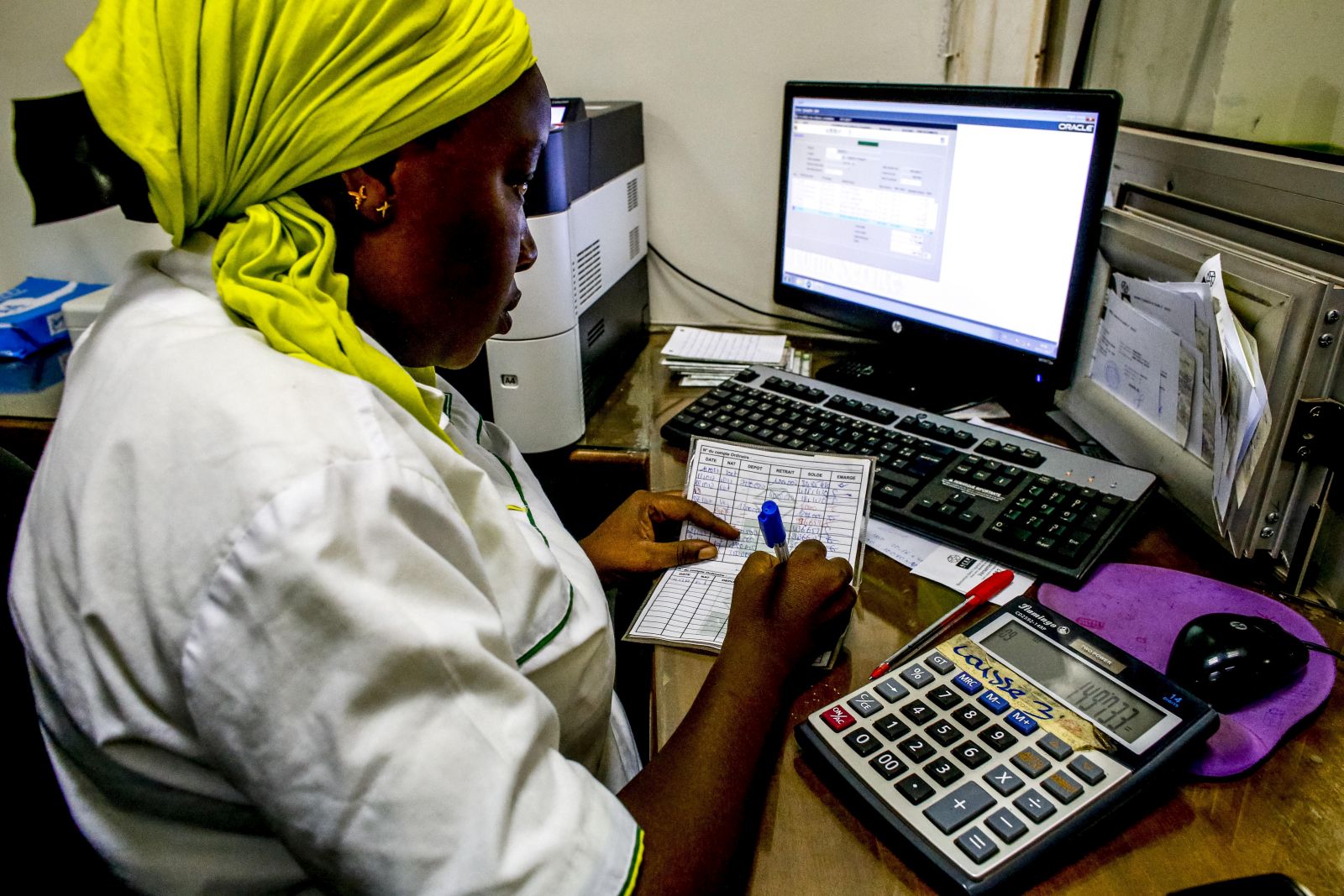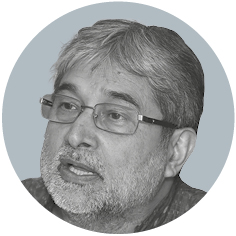Food
“A balanced diet”

Are consumer preferences changing, or is the shift in consumption habits desired by governments?
If you take China as an example, the country’s milk consumption is still very low, particularly in rural areas. But the government knows that milk is good for people’s well-being. Increasing milk production and consumption is a national strategy to improve people’s nutrition and health. At the same time, milk sales boost farmers’ incomes, and that is welcome too. In terms of meat, I don’t think the government has made an effort to improve nutrition and health, but it does want smallholders’ incomes to increase. Smallholders get support for producing beef, pork or chicken in small quantities, and consumer demand is actually rising as more people can afford to buy meat.
How does growing demand for animal products affect the lives of pastoralists and smallholder farmers?
The Chinese situation is a bit different from that of Africa and other developing world regions. In China, pastoralists usually have enough land, and their incomes are actually quite high, higher than farmers’ average incomes. In many least-developed countries, however, pastoralists tend to be very poor. There are many challenges to small-scale livestock operations. If your herds are too small, it’s very difficult to make money. Looking after animals takes a lot of time. Many people don’t want to do it because they can make more money with other activities outside of agriculture in the same time. Moreover, there are conflicts over land. To increase production, operations certainly have to be scaled up.
Do pastoralists and smallholders consume sufficient proteins?
I think many members of minority communities and people in remote areas probably do not get enough animal protein. Animal products do not only provide protein, moreover, they also contain micronutrients like iron, zinc and a lot of vitamins. So we need a comprehensive approach to make sure that these people have access to a more balanced diet:
- First of all, we must spread knowledge about what is a good nutrition.
- Second, we need social-protection policies to protect poor people from shocks and increase their productive capacities in the long term.
- Finally, we should invest in nutrition-specific interventions, to ensure that all people get a healthy diet, including the vitamins they need for example.
To what extent does the use of crops for animal feed threaten smallholders’ and poor people’s food security?
I don’t see that increased animal product consumption will affect smallholders’ or people’s food security. I think this is not an issue at the local level, though it may play a role at the global or national level. At the national level, if a lot of rich people suddenly demand more animal products, this drives food prices up and poor people suffer. But smallholders raise animals for themselves. Moreover, very poor people usually don’t use food items to feed their animals. They only use grass. For them, I don’t see a resource competition between animal production and their own nutrition.
But what about the global level? According to a rule of thumb, it takes up to seven times more grain to feed a human being with meat than with cereals. As humankind grows, don’t we need grain for people rather than animals?
The dynamics of changing diets all over the world accompanied by the right choice of policies should help us meet the growing demands for food and feed in a balanced manner. In developing countries, what we see is increasing consumption of animal products but less so for grains as staple foods. This shift in diets should positively affect nutrition in these countries. In wealthy countries, demand for animal products may be slowly stagnating due to concerns for health and reduced income growth, among others. In addition to this demand balance, efficient allocation of resources – including investments in agricultural research and development – will help to produce not just enough grains, but also nutrient-heavy foods such as fruits, vegetables, pulses and animal products.
How useful are appeals to refrain from eating meat in countries where people have enough to eat?
I don’t think we should discourage people from eating meat. What I say is: meat should be properly priced. Right now, meat is too cheap, because prices do not reflect all relevant costs, such as environmental side effects including carbon emissions for example. Health is an issue too. In western societies, increased meat consumption has led to more heart diseases and increases the risk of diabetes and obesity, which are costly, and governments and insurance companies will have to bear these costs. Meat should be priced appropriately. In general, I would always argue for a balanced diet with some meat, some vegetables, some fruits, dairy products and beans.
Are countries with growing meat consumption capable to meet their own demand?
In China, I think there is still potential to increase production and to meet the growing demand for meat. We have the technology to increase the quality of certain breeds as well as to enhance farming practices and meat production. Especially on the production side, there is still potential to increase scale and size. On the other hand, the increased production will of course lead to some environmental issues. Today, China is importing meat products, in particular beef and pork. The imports help satisfy demand and contribute to reducing negative environmental impacts in China.
Animal products like meat and milk are perishable foods. Your latest IFPRI report states that foodborne diseases are increasing in developing countries. The reasons are low levels of biosecurity on farms and poor sanitary conditions in slaughter houses and processing facilities. Is higher demand for animal products putting too much pressure on the industry?
Yes, that is partly true. The high demand for animal products has led to more intensive animal production, and the interactions between people and animals have increased. The extensive growth in demand for animal products goes along with a higher risk of epidemics, because many diseases transfer from animals to humans. If you produce more animals, obviously, people will also be more affected by those diseases. In the meantime, regulations and institutions are either still weak or have not even been properly established in many countries.
How would you solve the problem?
The solution is to set up proper institutions and regulations. In China, for example, the State Administration Bureau for Food Safety has been established. Relevant regulations have been passed. Now it is time to implement the new rules. It is also very important to develop the capacities of producers, traders, processors and other actors throughout the supply chains. Those who comply should be rewarded, and those who violate norms should be punished. Modernisation of production and processing is also important. Increased farm sizes can contribute to improving food safety. A one-farm-one-cow-strategy will not work. In any case, inspectors must be empowered to monitor sanitation, hygiene and food safety more easily.
Shenggen Fan is the director general of the International Food Policy Research Institute (IFPRI).
s.fan@cgiar.org
Link:
Global Food Policy Report 2014 – 2015:
http://www.ifpri.org/sites/default/files/publications/gfpr20142015.pdf













